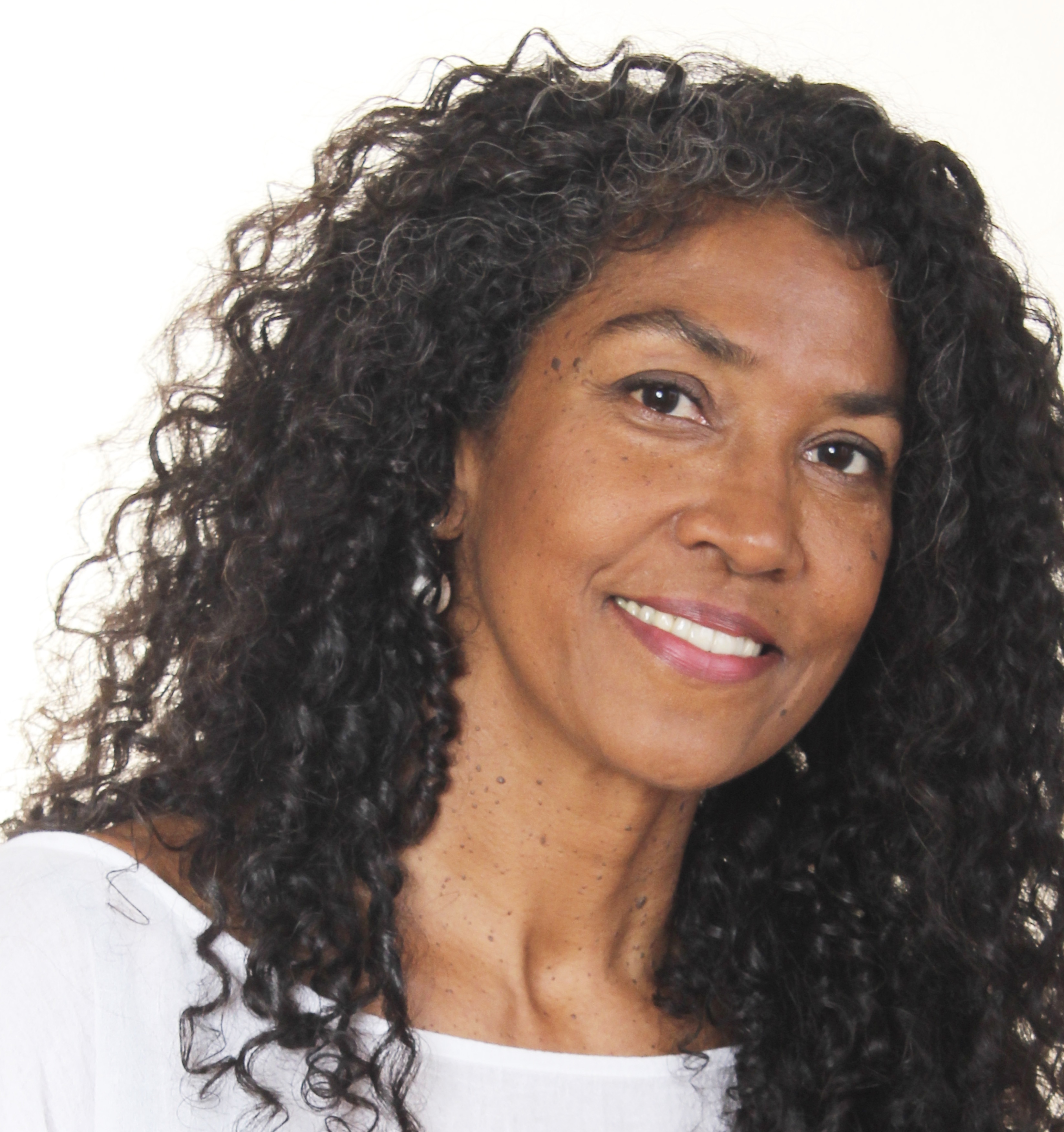This Is Our Writing
T. F. Rigelhof
The Porcupine's Quill
$18.95
paper
208pp
0-88984-218-3
Well, what do you expect from Americans? (Except for Bellow and Kerouac, sort of.) Canadian writers are more polite, better behaved. Or are they? In This is Our Writing, a new collection of critical essays on Canadian literature, Montreal fiction writer/memoirist/reviewer T.F. Rigelhof takes some swings at the mighty and the minor – from CanLit sacred cows like Margaret Atwood and Northrop Frye to the heavyset and little-known Scott Disher, a local book reviewer who has, according to Rigelhof, “never met an entrée he didn’t like.”
But Rigelhof saves his knockoff punch for the venerable Robertson Davies, the closest thing Canadian literature has to Santa Claus. If Davies were alive today, he’d be rolling in his grave, to borrow Randy Newman’s line about Karl Marx. Here, in a spirited – mean and otherwise – essay, unsubtly called “Dull and Very Stiff,” is Rigelhof’s take on recently rereading all of Davies’s novels:
It was a rocky ride. The novels are unevenly paced, implausibly plotted, shamelessly self-aggrandizing… (they) are humourous in the grumpy way of one for whom night life is no kind of life and the body is a burden in need of feeding and purging…I just don’t think these novels offer any reason to be taken seriously as comic literature.
So much for Santa. For his part, Rigelhof’s not taking anything back. Instead, he acknowledged he’s putting himself on the line in the 11 essays that make up This is Our Writing.
“I wanted to put myself up front,” he explained during a recent interview from his home in Westmount, “not out of vanity, but out of a sense of ‘This is who I am and this is what happens to me when I read these books,’ and maybe by doing that cut through some of the artificiality of the CanLit establishment, where everything is slotted in.”
Incidentally, Rigelhof, who won the 1996 QSPELL Nonfiction Award for A Blue Boy in a Black Dress, a memoir of his days in a seminary, seems like a nice enough guy. In fact, something about him put me in mind of a bearded, intellectually inclined Mister Rogers: mild-mannered, even a little effete, and earnest in a gee-whiz kind of way. So what really bugs him about Davies?
“I am oftentimes befuddled by the world and my reaction to Davies began with befuddlement,” Rigelhof said. “When he died there was all this stuff being said about him, and it was only peripheral to what I remembered from reading the books. I remembered liking some of his work. But I started rereading it and remembering my specific reactions to passages.
“My God, the degree of animosity he showed toward women. The homophobia. The attitude toward Eastern Europeans. That was my visceral response to Davies. I don’t like people…who have a very narrow sense of Canada and who push buttons from our imperial past to get some people thinking you don’t have to pay much attention to the rest of us.”
The only problem Rigelhof had beating up on Davies was stopping: “What you have to avoid doing with Davies is becoming a street corner evangelist and saying, ‘Look at this text. Look at this. And this.’ I’m sure the first draft I did had about eight thousand words of direct quotes.”
Indeed, Rigelhof’s early drafts of This is Our Writing, which is published by The Porcupine’s Quill and includes unpublished work by Montreal photographer Gabo Szilasi, had to be cut in half. “John Metcalf (Fiction Editor at Porcupine’s Quill) and I had to be more selective because you’re not going to get someone to sit down and read a 400-page book of essays.”
While Rigelhof does have plans to use some of the excised material in a follow-up collection about a younger generation of writers, he thinks it’s important This is Our Writing covered the ground it did. “What I really wanted to write about were the boomers in Canadian literature,” RIgelhof said. “But then I realized it was necessary to sit down and think very clearly about what the generation of Mordecai Richler and Leonard Cohen and Atwood and Davies had accomplished or I wouldn’t have had my critical perspective clear enough.”
Rigelhof also appreciated the chance to work with Metcalf, a respected fiction writer, critic, and the author of Kicking Against the Pricks, his own essay collection skewering CanLit’s sacred cows. Written nearly 20 years ago, it is still the best book of its kind.
“I was certainly influenced by Metcalf’s essay-writing style,” Rigelhof said. “Kicking Against the Pricks was seminal to me. I think I’ve evolved my own voice as an essayist in part as a response to what Metcalf was doing.”
But where Metcalf was and remains unrelentingly irascible, Rigelhof’s impulses are more upbeat. (In the book’s final essay, “Choosing the Best,” he includes a Rudy Wiebe novel in his list of the 12 best Canadian books; you have to wonder how Metcalf, who has written disparagingly about Wiebe, let that one stay in.) Rigelhof, a regular contributor to The Globe and Mail‘s book section, has been a reviewer for two decades now, and he insists that “the only thing that makes me physically nauseous is when I know I can’t give a book a favourable review.”
But even if Rigelhof is queasy more often than he cares to admit, it’s true he does wish other writers well in This is Our Writing. With the exception of his antipathy to Davies, and a few other jabs along the way, his essays are mainly celebratory. Rigelhof doesn’t come to bury CanLit, but to praise it – sometimes overpraise it.
Rigelhof admits that cheerleading comes naturally to him. “I love the joy of introducing people to a new author or drawing attention to something that’s really good that people might otherwise not notice.”
Unfortunately, Rigelhof’s unbridled enthusiasm can border on the smarmy, and can push him into judgements that are puzzling at best. His high recommendation of Daniel Richler’s sophomoric novel Kicking Tomorrow is one particularly bewildering example. He is also effusive in his praise for the work of already overrated writers like Matt Cohen, M.T. Kelly, and Diane Schoemperlen. All three have won Governor General’s Awards and Rigelhof gives more credit to G.G. choices thatn they have historically proven they deserve. (He is less kind to the Giller prize.)
Of course, differences of opinion, especially nasty ones, are what make reading and reviewing such interesting pursuits. It’s not just that everyone is entitled to an opinion, it’s that everyone is entitled to think the other person’s opinion is idiotic. In This is Our Writing, Rigelhof includes a quote from Robert Fulford that sums up the situation. Commenting on Malcolm Lowry’s disciples, Fulford said, “Either they’re nuts or I am.” Finally, judging literature can be just that simple.
But while nothing can be more subjective than reviewing a book, when you’re doing it, it doesn’t feel that way. “It is almost impossible to avoid, in writing a review, the tone of being ‘wonderfully right,'” John Updike once said. But that doesn’t mean a reviewer can’t be “wonderfully right,” as Rigelhof is in his appreciation for the storytelling talents of Mavis Gallant (“She’ll Always Have Paris”) and Hugh Hood (“Tales Catching Tales”).
He’s right, too, to call attention to Carole Corbeil’s overlooked second novel In the Wings in an essay of the same name. And yes, Clark Blaise, who Rigelhof forgives for starting Concordia’s Creative Writing Department, is underappreciated, likewise Brian Moore. Rigelhof also makes a strong case for St. Urbain’s Horseman being Mordecai Richler’s masterpiece, especially compared to Richler’s widely acclaimed last novel, Barney’s Version, which Rigelhof calls “an easy read but…also boring.”
“Whatever else you might want to say about my views of English Canadian fiction writers and their books as a critic who’s also a storyteller, you can’t say they’re vacuum packed,” Rigelhof writes in This is Our Writing‘s title essay. And it’s true. RIgelhof’s views, like them or dismiss them, are wholly idiosyncratic, which is as it should be. He doesn’t, as he also says, have any tribal loyalties or subscribe to any critical theories.
It probably helps that he never took a creative writing course in university and can only remember taking one English lit class. Neither has he ever taught literature at Dawson College, where he’s been a professor of religion for 27 years. Still, he is passionate about books and has become a kind of book fairy, handing them out to interested students. “Sometimes the books return, and sometimes they don’t. And if a kid falls in love with a book, I let him keep it.”
This is an interesting time for Rigelhof; his teaching, writing and reviewing all seem to be converging. “What I really like about reading and writing,” he said, barely containing his enthusiasm, as usual, “is that feeling of continuity, not only with the past but with what’s coming. I like the idea of trying to be a conduit, of trying, not just through my own writing but through the writing of others as well, to keep the flow going.” mRb






0 Comments